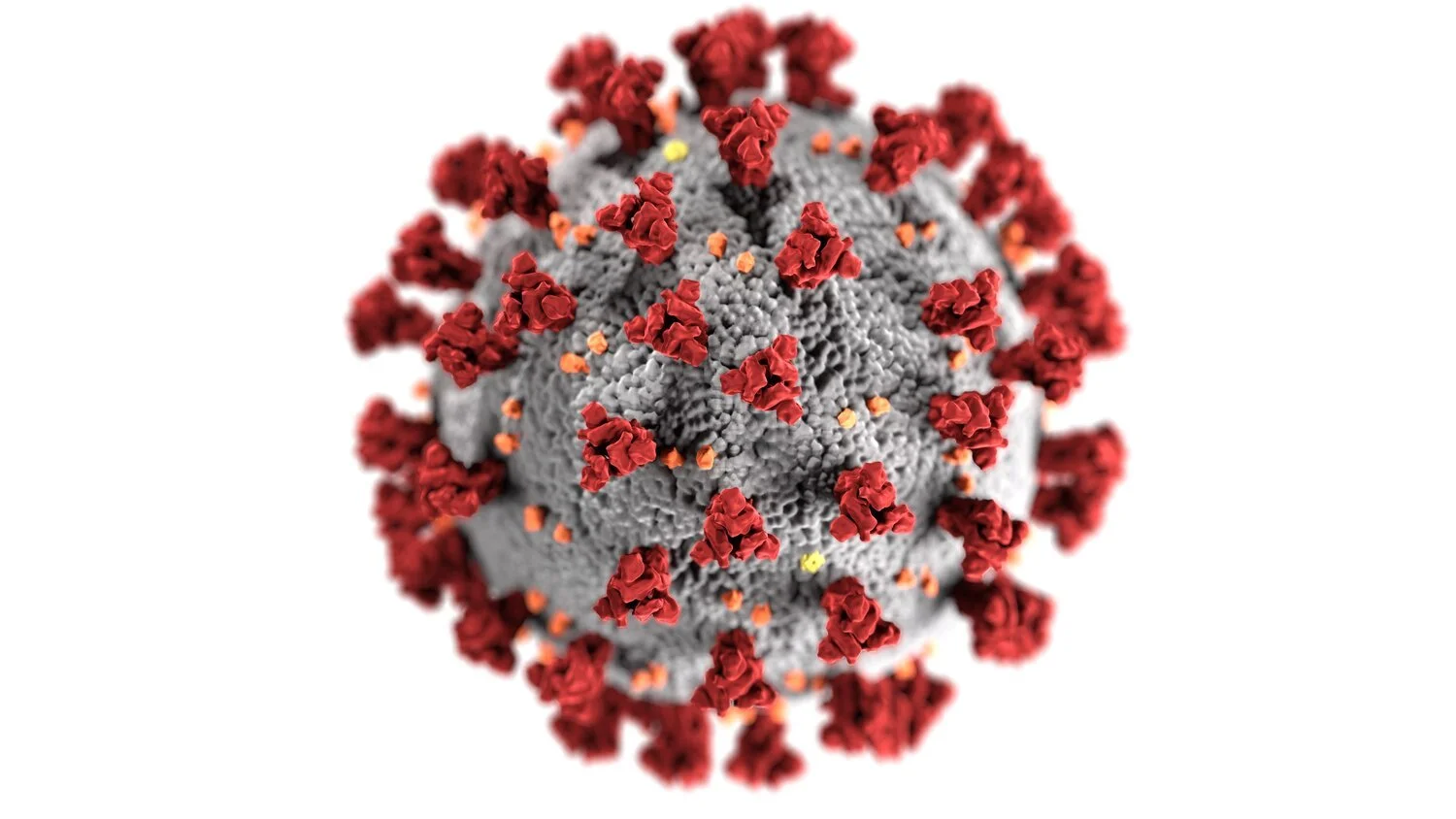Rehabilitation, Fatigue and COVID-19: An exploration
Long-tail post-viral symptoms and COVID-19
We are yet to discover the ‘best way' to rehabilitate those who have had COVID-19 and are continuing to experience debilitating symptoms beyond the acute phase. There is mounting evidence of a ‘long tail’ of prolonged symptoms, including profound fatigue.
There are many people who have had COVID-19 who have now been diagnosed with Post Viral Fatigue Syndrome (PVFS). At Vitality360 we regularly treat people with PVFS caused by a wide range of infections and illnesses, such as Epstein-Barr virus (Glandular Fever).
Maybe COVID-19-related fatigue will act in the same way as the PVFS we’re familiar with, and maybe it won’t. We will know as we treat more people with this condition and when there has been well designed, replicated research in different settings using a standardised approach. There may be sub-groups of people who react differently.
As fatigue experts, how can we assist people?
So, in the meantime, how can we help those who continue to be debilitated by profound exhaustion, ongoing breathlessness, fluctuating symptoms, or disabling anxiety? We believe that specialist fatigue clinicians are very well placed to help those with symptoms that persist beyond the acute phase of a viral illness.
Why do we feel confident that we can help?
Firstly, specialist fatigue clinicians are well trained in biopsychosocial assessment and are able to assess people broadly. These assessments take into account:
the medical and biological factors of any condition (such as high breathing rate, medical history, test results)
psychological factors (such as recovering from the terrifying fear they might be dying, or fears about returning to work)
social issues (e.g. financial stressors, school closures, and stigma)
Secondly, we are highly experienced in working collaboratively with clients: working in a way that allows for mutual decision-making and direction-finding, listening, and caring about their journey.
Thirdly, we know how to manage one of the most reported ongoing symptoms: fatigue. Along with other chronic symptoms (such as pain, poor sleep, low mood, headaches), we work within a clear rehabilitative structure involving evidence-based therapy tools such as:
goal setting
activity analysis
planning
graded activity to maximise everyday function and minimise symptomatic response
These skills are second nature to the fatigue specialist.
Clients on our rehabilitation programmes with post-viral symptoms
We have already started working with people who have had COVID-19 and are experiencing persistent debilitating symptoms including fatigue. We are noticing that, in comparison with the typical symptoms people experience with PVFS, people seem to be more likely to have breathlessness and may have increased anxiety. Feelings of anxiety may be related to the uncertainties surrounding the illness, together with some of the specific social issues surrounding the pandemic.
At Vitality360 we are taking an active interest in how to best treat people with this condition. We use a standardised approach for assessment and treatment and we meet regularly as a team to share our experiences. The clients we are working with have described feeling reassured by their contact with us. Some clients are doing particularly well with a proactive rehabilitation approach which includes the introduction of carefully planned physical activity. We will be sharing more about this in future blogs.
Our research on recovery post-COVID-19
We are in the process of planning a small piece of research which will be submitted for approval by a Research Ethics Committee. This will include publication of a case series of several clients who have experienced persistent fatigue following COVID-19 infection.
We feel we are very well placed to work skilfully and collaboratively with clients and to offer them the reassurance of having an experienced clinician walk beside them as they get back on their feet and back to resume their lives. In the meantime, we can keep an open mind, design studies, take an active interest in outcomes (negative as well as positive), keep updated with research, and share ideas generously with other professionals. But most importantly, remind ourselves that whilst we don’t know the answers yet, we can proceed confidently utilising the wide-ranging therapy skills that we possess in service of those detrimentally impacted by this novel illness.
Written by the clinical team

